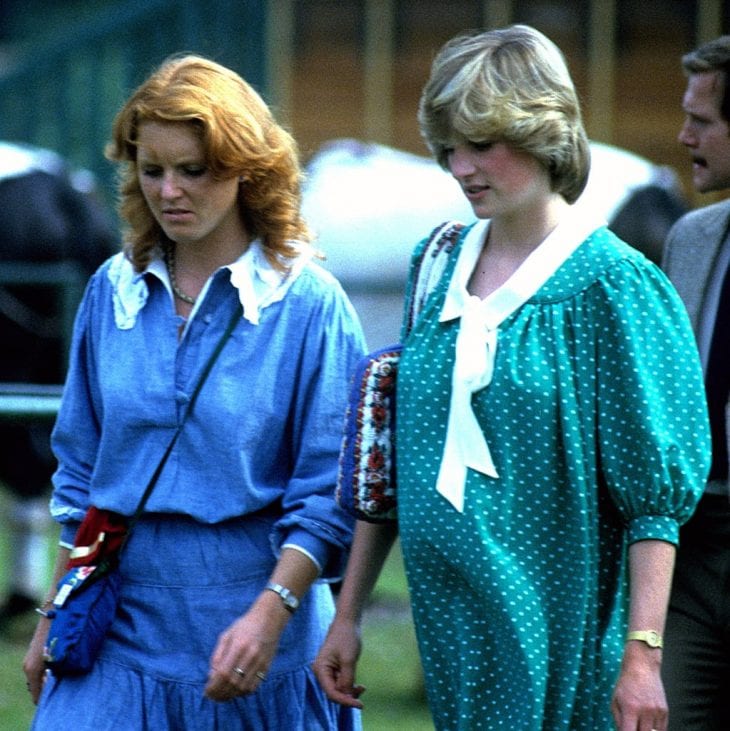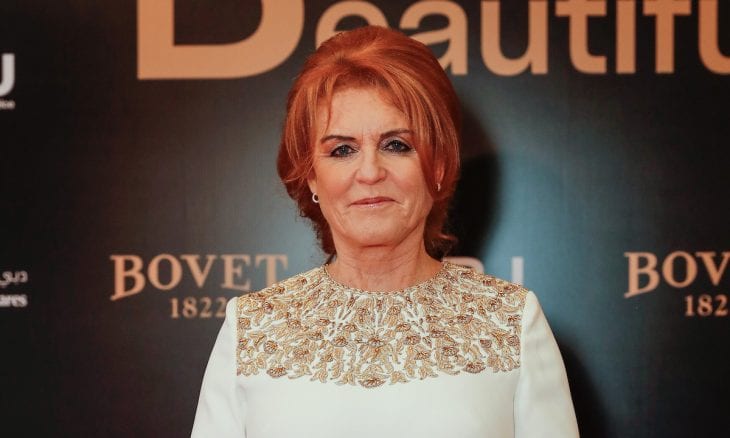Even long before they both came into the royal family, Princess Diana and Sarah Ferguson had been friends for years. In fact, they were fourth cousins, and even though they lost contact at some point, they managed to reconnect and become quite close again.
It was thanks to Princess Diana that Fergie and Prince Andrew got together. They met when Princess Diana invited Fergie to an event held in Windsor Castle, where she set next to him. And then, five years after Prince Diana and Prince Charles got married, there was another royal wedding at Westminster Abbey. However, both of them eventually divorced the princes around the same time, in 1992. And soon afterward, the Duchess of Wales ended their friendship, as well.

Source: Popsugar
According to Prince Diana’s biographer, Andrew Morton, there were some actions of the Duchess of York that simply irritated her while they were still in the royal family. She once told him that Fergie “wooed everybody in this family and did it so well. She left me looking like dirt.” Moreover, she revealed that even Prince Charles himself once told her “I wish you would be like Fergie–all jolly.”
Despite all that, the two were friends even for quite some time after their divorces. But then in 1996, Prince Diana ended the friendship because of something that Fergie had written in her autobiography – she said that the Duchess of Wales gave her several pairs of shoes and “plantar warts,” which made Princess Diana furious. Sadly, she died in an accident the very next year, so they never had a chance to make up.

Source: Getty Images
When she spoke for Hello Magazine’s #HelloToKindness campaign in February 2019, Fergie mentioned her relationship with the late Princess.
“Women, in particular, are constantly pitted against and compared with each other in a way that reminds me of how people tried to portray Diana and me all the time as rivals, which is something neither of us ever really felt,” said Fergie. She also added: “There is good evidence that this online culture is having a detrimental impact on people’s mental health, particularly vulnerable young people. I believe that it’s time to take a stand. This isn’t about freedom of speech. The truth is, it’s not acceptable to post abuse or threats on social media or news sites, and it’s not acceptable to harangue other users simply because they disagree with you. It’s not acceptable to pit women against one another all the time. It’s not acceptable to troll other people viciously online.”
Source: cheatsheet.com
